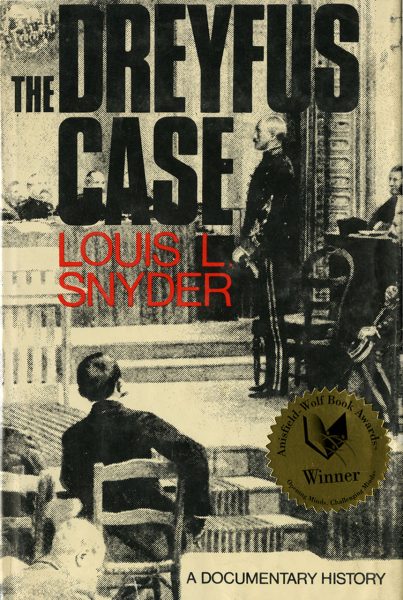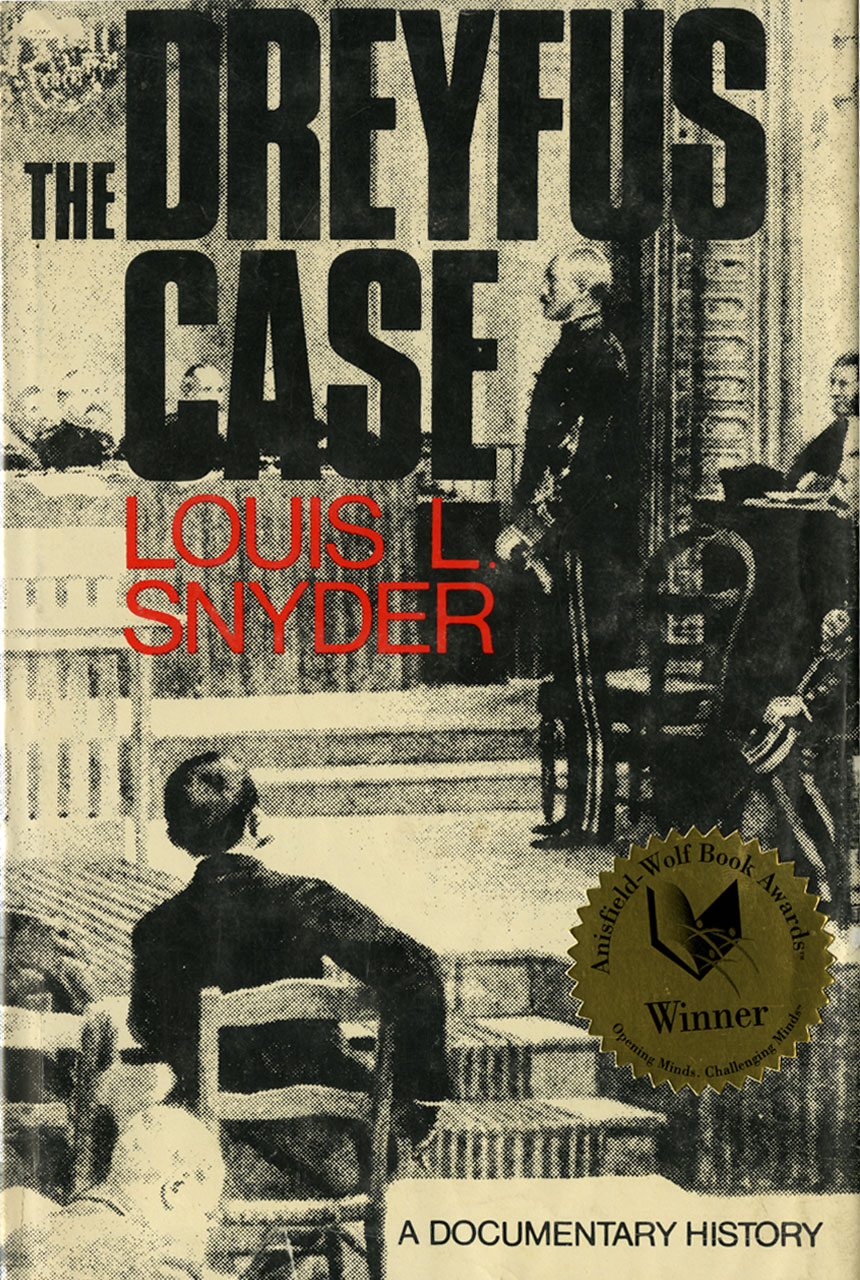The Dreyfus case underscored and intensified bitter divisions within French politics and society. The Dreyfus affair was a scandal that divided France in the 1890s and the early 1900s. It involved the conviction for treason in November 1894 of Captain Alfred Dreyfus, a young French artillery officer of Alsatian Jewish descent. Sentenced to life imprisonment for allegedly having communicated French military secrets to the German Embassy in Paris, Dreyfus was sent to the penal colony at Devil’s Island in French Guiana and placed in solitary confinement.
Eventually, all the accusations against Alfred Dreyfus were demonstrated to be baseless. In 1906 Dreyfus was exonerated and reinstated as a major in the French Army. He served during the whole of World War I, ending his service with the rank of Lieutenant-Colonel. The controversy involved critical institutions and issues, including monarchists and republicans, the political parties, the Catholic Church, the army, and strong anti-Semitic sentiment.
Louis Leo Snyder was an American-born German scholar who witnessed the Nazi mass meetings and wrote about them in Hitlerism: The Iron Fist in Germany. He predicted Adolf Hitler’s rise to power, alliance with Benito Mussolini, and war upon the French and the Jews. Snyder was a native of Annapolis, Maryland, and graduated from that city’s St. John’s College. He became a German-American Exchange Fellow in 1928 at the University of Frankfort, where he earned his doctorate in 1931. He was also an Alexander von Humboldt Foundation Fellow in 1929-1930. Following post-doctoral work at Columbia University, he started tutoring at City College of New York in 1933. He was appointed a full professor at City College in 1953 and retired to Princeton, New Jersey in 1977.





